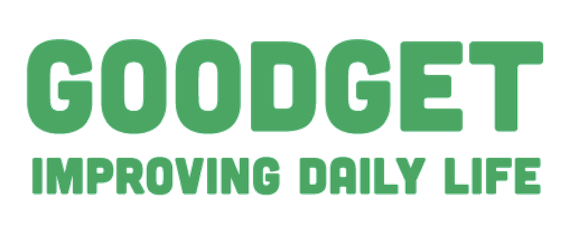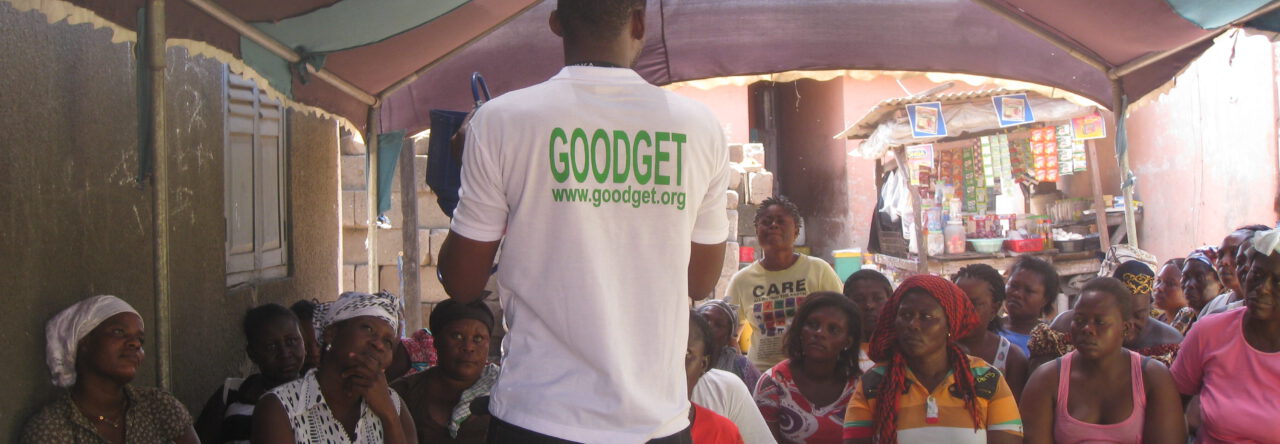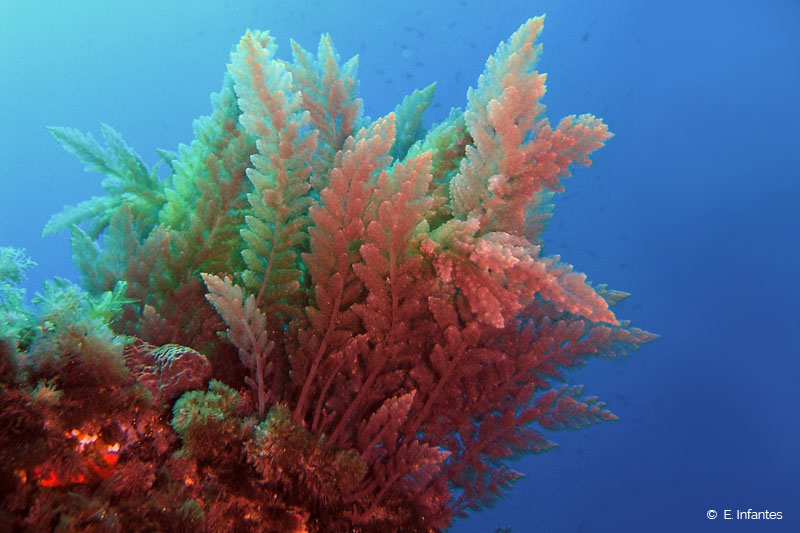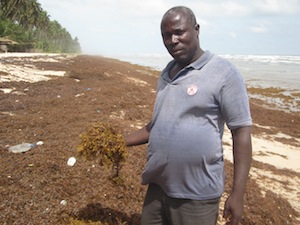In the near future it might be possible to replace animal and soy protein in foodstuffs by sustainable plant based protein in a cost-effective way. This is good news, since animal and soy proteins are very unsustainable sources of protein: rain forests are cut down to grow soy to feed the animals that provide animal proteins (dairy & meat), soy uses lots of fresh water and arable land to grow, and is shipped over large distances.
Goodget has started up a new project ‘Green Leaf Protein’ to do research into a more sustainable source of plant protein that can replace animal and soy protein in foodstuffs. The project has received an SBIR grant from the Dutch Government, and focusses on the nutrition analysis of protein extracts from plant leaves, and developing a blueprint for a mobile extraction unit for plant protein.
Protein is a necessary nutrition component required by all living animals. Most protein on the market for human consumption is animal based; an expensive and unsustainable food source for most of the world.
Plant based protein available on the market falls short of life saving nutrition and fails to eliminate hunger for people existing at the BOP (Bottom of the Pyramid).
Goodget, in partnership with Wageningen Food & Biobased Research, seeks to determine the nutrition analysis of protein extracts from plant leaves that currently grow wild Sub-Saharan Africa. The plant we are focussing on can also be farmed in a sustainable way: it does not take much water, and it gives back nutrients to the soil.
Blueprints for a mobile extraction unit will be developed for the purpose of processing protein extractions on site in rural farm locations, improving local employment opportunities (especially for women).
Goodget intends to bolster local protein ingredient use in common food recipes, with a long-term goal of scaling and producing a plant based protein ingredient.
The project partnership will begin with Ghana Permaculture Institute, a large organized group of quality-focused farmers. By expanding locally produced plant proteins, Goodget and her partners will improve food security in Sub-Saharan Africa, mitigate climate change and increase awareness regarding the benefits of plant-based proteins.



